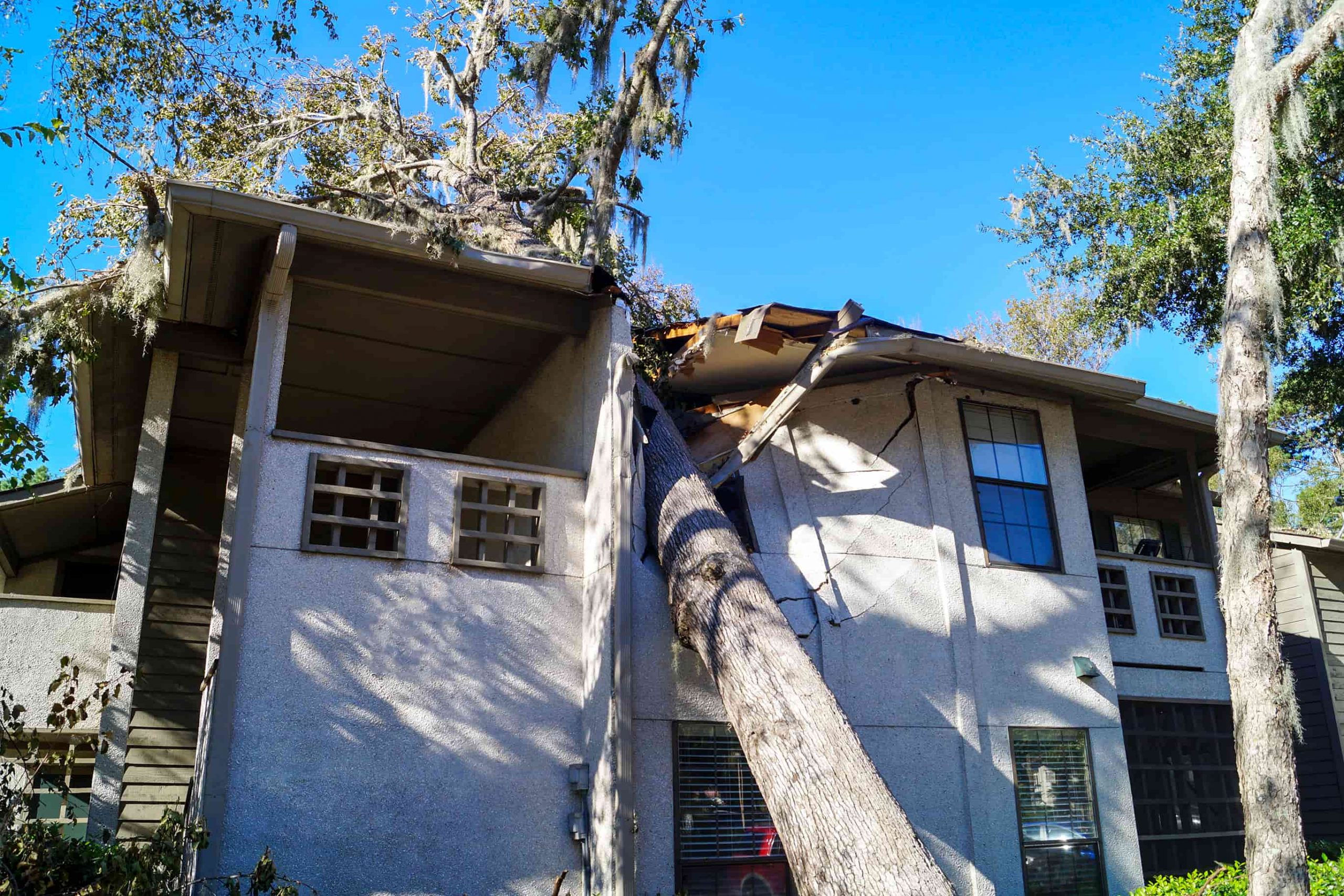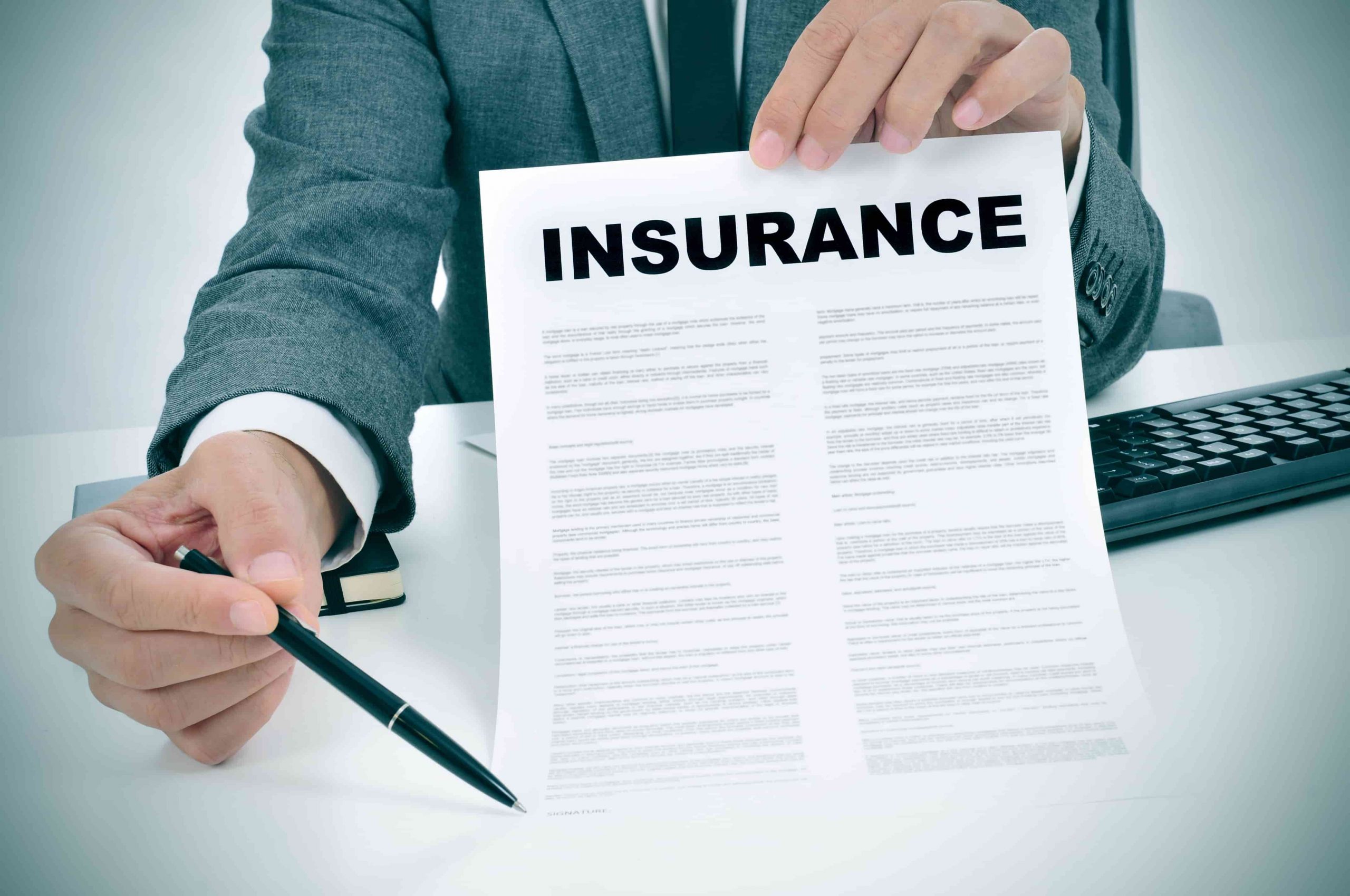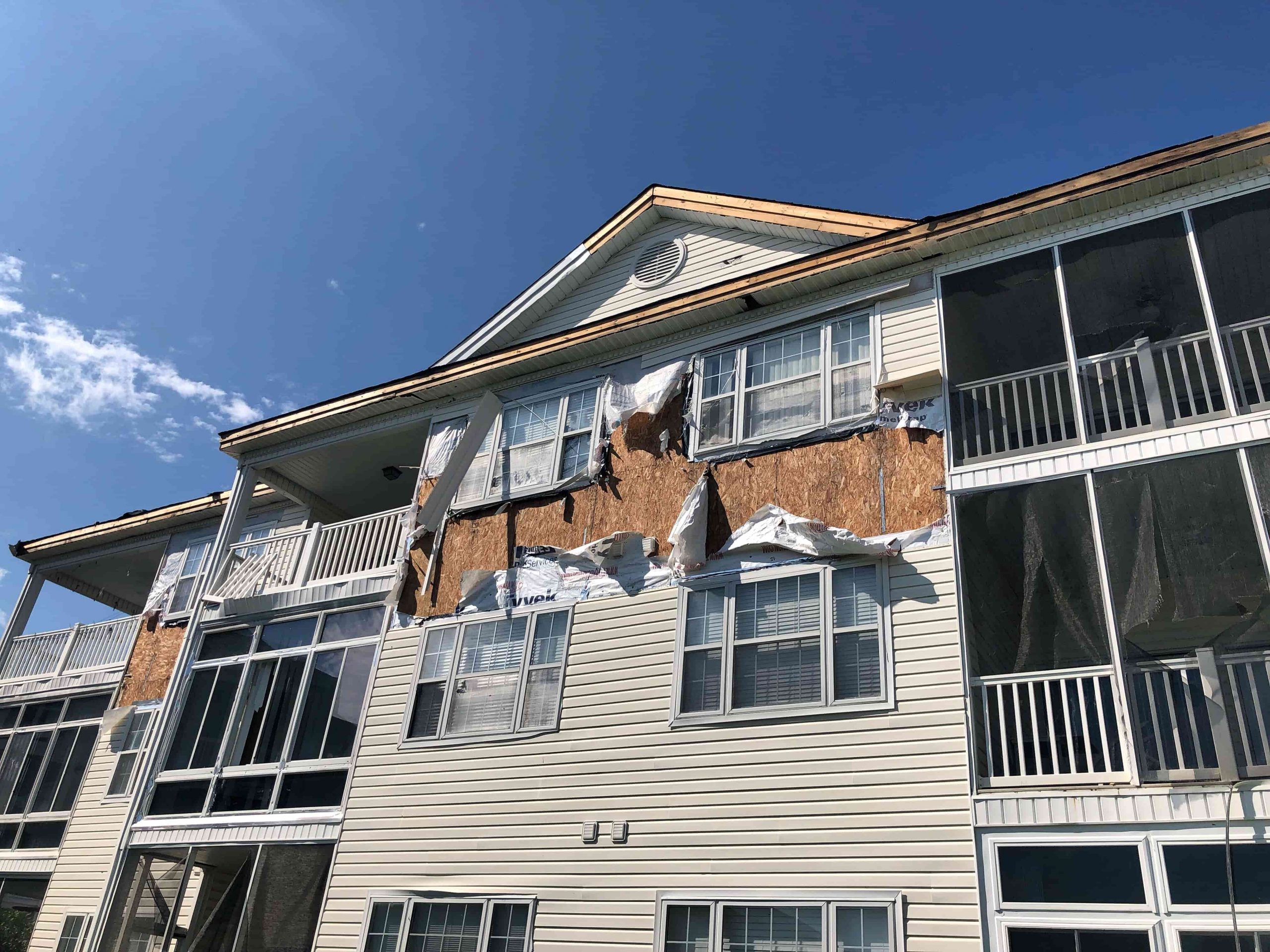Creating a successful business requires more than just a great idea and hard work. Behind the scenes, there are key elements that ensure a business’s success, and it’s important to protect those elements from unexpected interruptions. Accidents and disasters can happen to any business, making it essential for business owners to have knowledge of a business interruption claim.
Business owners can protect themselves by having an insurance plan that includes business interruption coverage. This coverage will provide protection in the event of a major accident or disaster, allowing business owners to file a claim and continue operating their business post-accident.
Business interruption insurance is designed to protect against commercial property damage that could occur to a business. If damage does occur, business owners should look into filing a business interruption claim to ensure that their business can continue to operate successfully. By having a solid insurance plan and understanding the process of filing a business interruption claim, business owners can protect their businesses and their success.
What are the different business interruption policies?
Business interruption insurance is an essential component of any business’s insurance plan. It is designed to reimburse businesses for the income they lose during the time it takes to repair or restore physical damage. There are typically three types of business interruption insurance policies:
- Business interruption insurance reimburses for the income lost during the time it takes to repair or restore physical damage.
- Extended business interruption insurance reimburses for a limited amount of time after the property is repaired but before the income returns to its pre-loss level.
- Contingent business interruption insurance provides coverage for the income that was lost due to physical damage to the property of providers or suppliers, rather than to the business’s property.
These policies compensate businesses for their loss of income due to a disaster and cover revenue based on past financial records. Some policies also cover operating expenses such as electricity. By having business interruption insurance in place, businesses can protect their income and ensure that they are able to continue operating successfully, even in the face of unexpected disasters.
When your business faces a disaster that forces you to close down for repairs, it can be devastating. Losing your client base to competitors can be an even bigger setback than the physical damage itself. This is why business interruption insurance is so important; it helps you maintain your level of revenue, so you can keep your client base intact and your business can continue to thrive.
Business interruption coverage is tailored to meet the specific needs of each business and is designed by an agent or broker. However, after a disaster occurs, it can be confusing and overwhelming to file a business interruption claim. How much money will you receive and when will you receive it? There are many questions that come with filing an insurance claim, which is why it can be helpful to enlist the services of a public adjuster. These professionals can guide you through the complicated process of filing a business interruption claim and help ensure that you receive the maximum amount of compensation that you are entitled to.
How can a public adjuster help?
A public adjuster will work with you to gather evidence of your losses, such as photographs, receipts, and other documentation, and will prepare an estimate of the value of your claim. They will then negotiate with the insurance company on your behalf to ensure that you receive a fair settlement. This can include negotiating for the replacement or repair of damaged property, as well as compensation for lost income or other damages.
One of the biggest advantages of working with a public adjuster is that they can help to level the playing field between you and the insurance company. Insurance companies have their own adjusters who work to minimize payouts and protect the interests of the company. By hiring a public adjuster, you have someone on your side who is working solely for your benefit.
In summary, a public adjuster is a professional who can help you file and negotiate a claim with your insurance company. They can provide guidance and support throughout the claims process, and can help to ensure that you receive a fair settlement. If you are dealing with a large claim or a complicated situation, hiring a public adjuster can be a smart decision.
Why should I partner with Your Large Loss Adjuster?
During times of damage or loss, public adjusters are available to serve and assist individuals and businesses in navigating the insurance claims process, making it smoother and more manageable. While it’s possible to go through the claims process alone, there are many potential pitfalls without the help of a public adjuster.
Public adjusters are particularly helpful for those who have suffered damage to their home or business, as they can help make the challenging time a little easier. Additionally, having a business interruption insurance policy can provide peace of mind and help ensure that, in the event of a disaster, the business can continue to thrive.
Although the terms of business interruption insurance coverage vary, most policies aim to make the restoration process less painful both mentally and financially. By having a policy that covers potential losses and a public adjuster to guide you through the process, you can rest assured that your business will be able to return to its successful state.
If your property has suffered damage, consider reaching out to Your Large Loss Adjuster for a free damage inspection and estimate, as well as help in getting the largest possible settlement from your insurance company.










